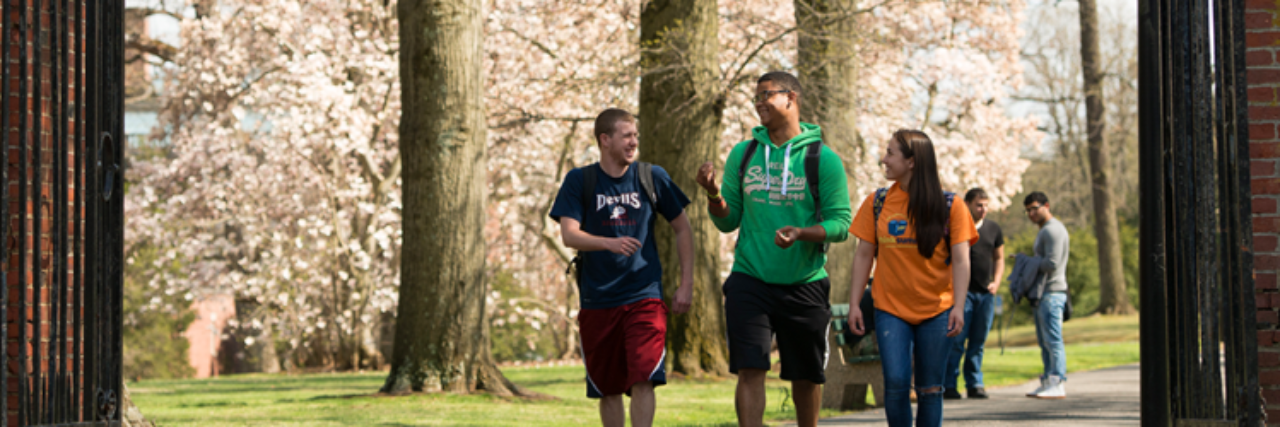British Studies Minor

The British Studies Minor is designed to offer FDU students from Becton College, Silberman College of Business, and the independent professional schools who attend Wroxton College for a full fall or spring semester the opportunity to earn a minor that recognizes that immersive academic experience at Wroxton College.
The British Studies Minor also recognizes that students may accrue 15 credits of British-centered courses during short-term winter or summer programs at Wroxton College coupled with courses taken at Becton College in New Jersey. These approved courses are noted below. One can also use an authorized substitute course from another winter or summer course at Wroxton and from another fall or spring course at Becton.
Wroxton Fall/Spring Semester Courses
Choose any 15 credits taken during the fall or spring semester at Wroxton College to fulfill the 15-credit minor.
Wroxton Winter/Summer Session Courses
Choose from the following courses. The Communications course is offered every summer at Wroxton, while the Criminology course is offered every other summer at Wroxton. The three History courses are part of a summer program offered together every even year with a week of class sessions at Becton Florham followed by two weeks at Wroxton that include site tours in England and France (among other neighboring countries).
- COMM 4070 International Communications & Culture
- CRIM 3312 Comparative Criminal Justice Systems
- HIST 2424 The Western Front in World War I
- HIST 2425 The Western Front in World War II
- HIST 2426 Topics in World War I & II
Becton British-Centered Courses
Choose from the following courses beyond the relevant courses taken at Wroxton.
- LITS 2101 British & European Literature I
- LITS 2102 British & European Literature II
- LITS 2031 The English Language
- LITS 3020 Eighteenth-Century British Literature
- LITS 3021 Victorian Age
- LITS 3054 Romanticism
- LITS 3073 Irish Literature
- LITS 3201 British Writers
- LITS 3212 Chaucer
- LITS 3213 Shakespeare I
- LITS 3214 Shakespeare II
- LITS 3230 Jane Austin: Fiction and Film
- HIST 3350 The U.S. as a Continental Power: 1607-1898
For Information
Dr. Gary Darden
Chair, Department of Social Sciences & History, Maxwell Becton College of Arts and Sciences
darden@fdu.edu